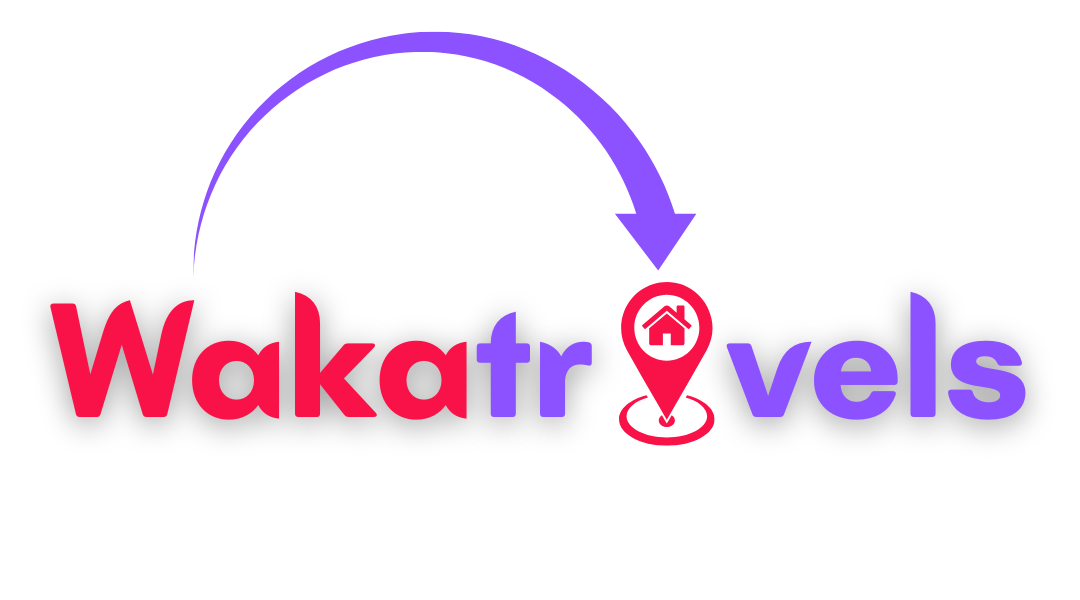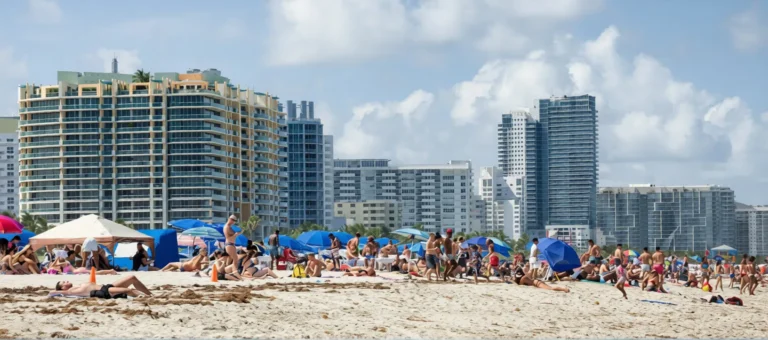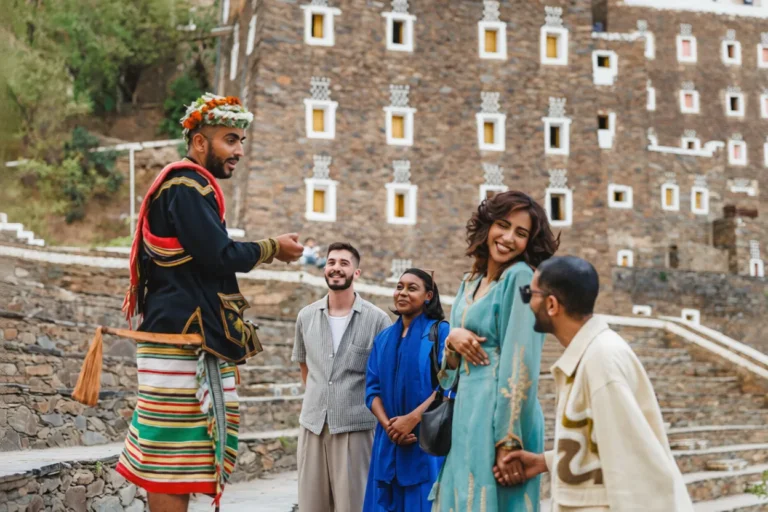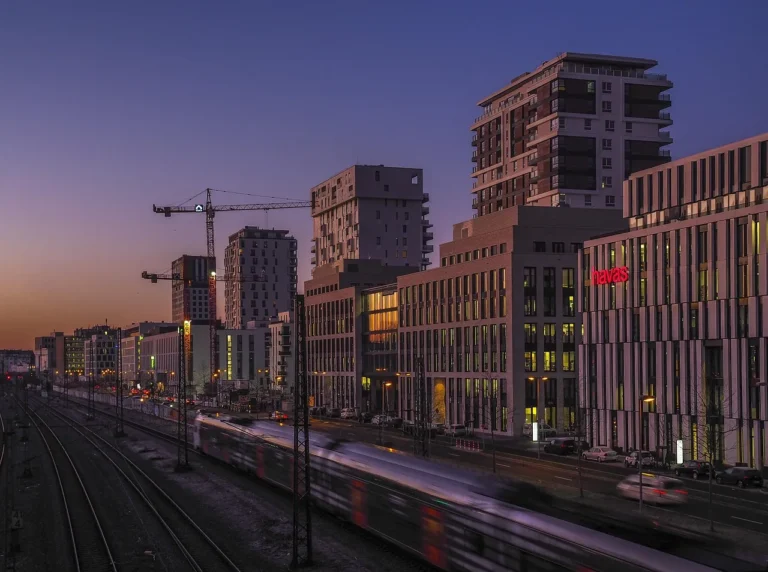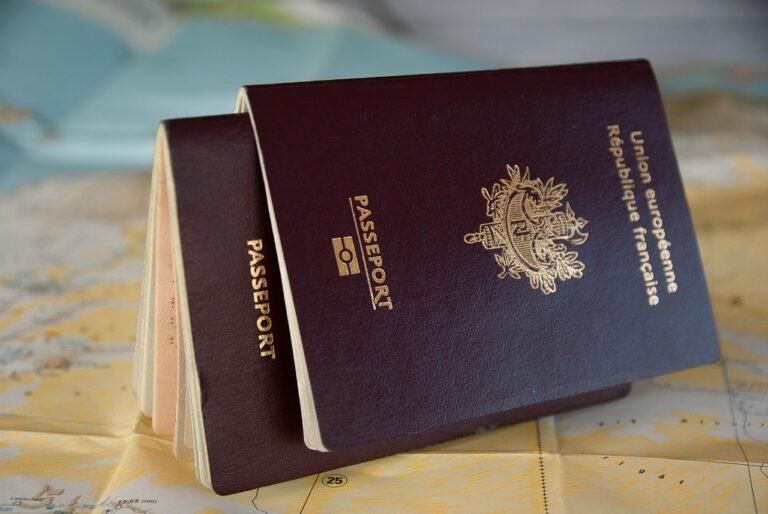Somewhere between the chaos of Lagos traffic and the tranquil beaches of Calabar, I found myself wondering why more travelers don’t put Nigeria on their bucket list. After three visits spanning the last decade, I’ve watched this West African powerhouse slowly emerge from travel obscurity – and frankly, it’s about damn time.
When most Westerners think of African tourism, their minds drift to Moroccan souks, Egyptian pyramids, or Kenyan safaris. Nigeria? It barely registers. Which is precisely why you should go now, before everyone else catches on to what might be Africa’s most vibrant, complex, and rewarding destination.
Nigeria’s Tourism Renaissance: Beyond the Headlines
Let’s get the elephant out of the room: Nigeria has an image problem. Media portrayals have reduced this nation of 200+ million people – Africa’s largest economy and most populous country – to outdated stereotypes and security concerns.
Is Nigeria perfect? Hell no. Is it worth visiting? Absolutely.
I remember my first night in Lagos, jetlagged and overwhelmed, watching the sunset paint Victoria Island in gold while Afrobeats thumped from a nearby rooftop bar. That moment crystallized something I’d suspected: Nigeria delivers experiences that simply don’t exist anywhere else on earth.
[Insert image of Lagos skyline at sunset from Victoria Island viewpoint here]
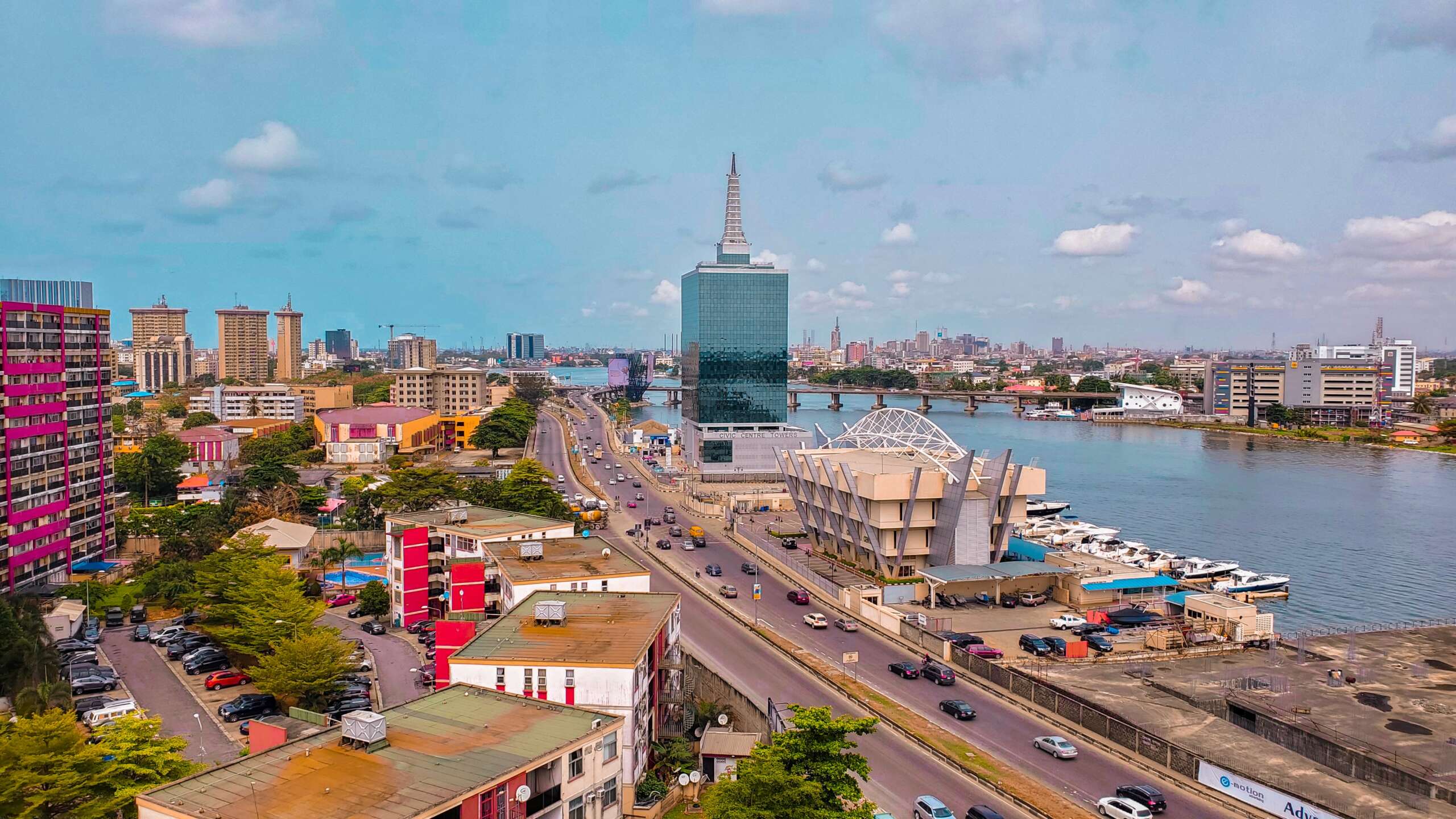
The country offers a dizzying array of attractions – from pristine beaches to rainforests, ancient cultural sites to ultra-modern urban centers. But four destinations consistently top visitors’ itineraries, and with good reason. These are the crown jewels of Nigerian tourism, the places that keep drawing travelers back year after year.
Top 4 Tourist Destinations in Nigeria You Can’t Miss
1. Lagos: Africa’s Pulsating Megacity
Lagos isn’t just Nigeria’s largest city; it’s the continent’s most populous urban area and arguably its cultural epicenter. This sprawling metropolis stretched along lagoons and the Atlantic Ocean is a study in contrasts – luxury high-rises alongside vibrant markets, contemporary art galleries next to colonial architecture.
My tip? Don’t try to “do” Lagos in a day or two. You’ll miss the point entirely. Give yourself at least four days to experience its distinct personalities.
The mainland offers the raw, unfiltered Lagos experience – places like Computer Village (Africa’s largest tech market) and the National Museum with its stunning Benin Bronzes collection (at least, what’s left after colonial looting – but that’s a rant for another day).
Then there’s Victoria Island and Lekki – the slick, cosmopolitan side of Lagos where Nigeria’s wealthy elite work and play. Here you’ll find Lekki Conservation Centre with its 401-meter canopy walkway hovering above the rainforest. I’m terrified of heights, but those views? Worth the sweaty palms.
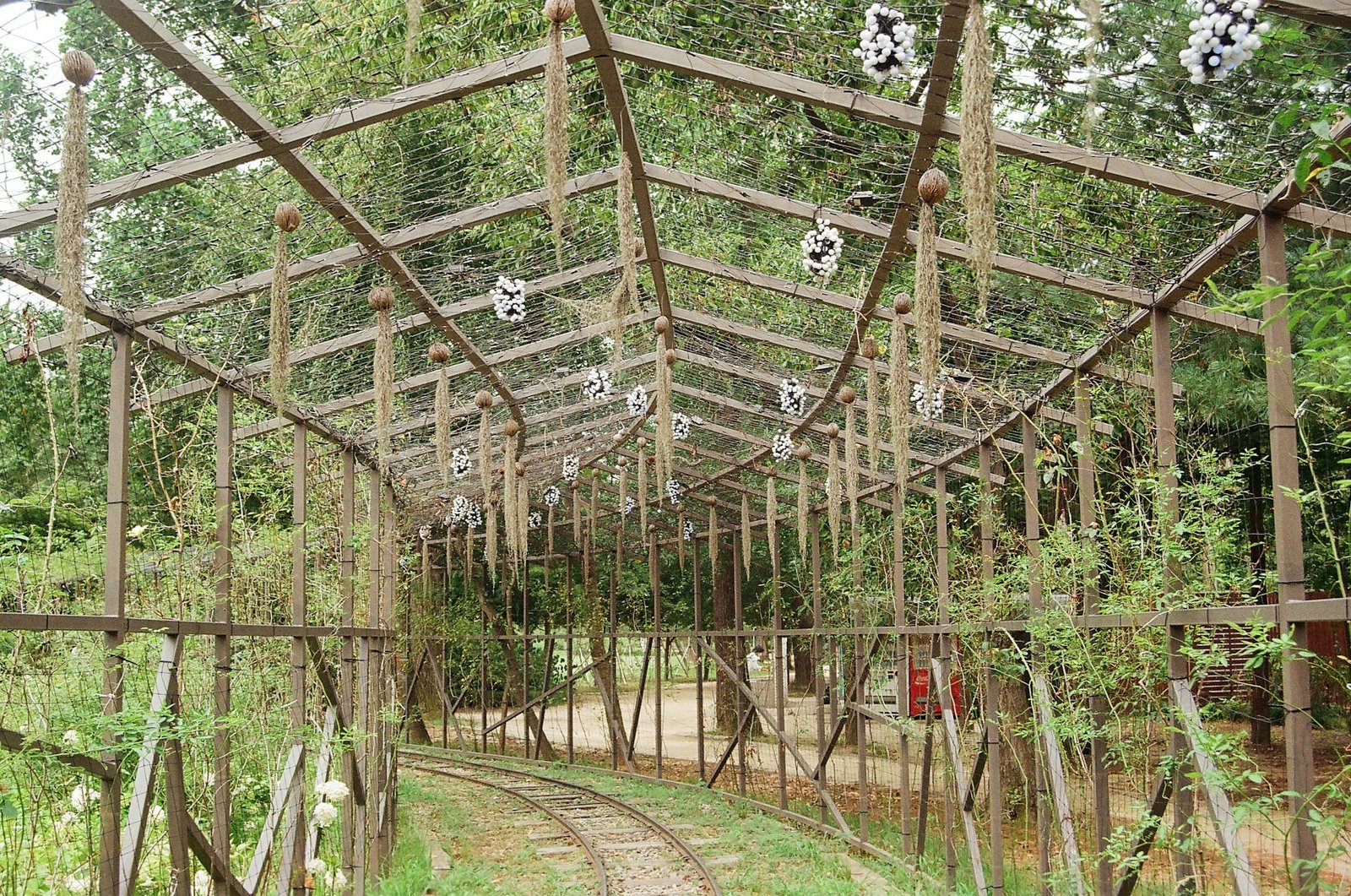
Don’t miss Freedom Park, a former colonial prison transformed into a cultural center, or the Nike Art Gallery, housing over 8,000 diverse African artworks across five floors. The gallery’s founder, Nike Davies-Okundaye, sometimes makes appearances – if you’re lucky enough to meet her, you’re in for an unforgettable conversation.
The beaches deserve mention too – Tarkwa Bay and Elegushi offer respite from urban intensity, though don’t expect the pristine shores of the Maldives. These are working beaches with character and local flavor.
2. Osun-Osogbo Sacred Grove: Where Gods Still Dwell
About four hours northeast of Lagos sits one of Nigeria’s most magical destinations and its first UNESCO World Heritage Site – the Osun-Osogbo Sacred Grove. I visited during the annual Osun Festival in August, which was both a mistake (crowds) and a blessing (cultural immersion like no other).
This ancient forest along the Osun River remains one of the last primary high forests in southern Nigeria. But what makes it truly special is its spiritual significance as the sacred abode of Osun, the Yoruba goddess of fertility.
The grove contains sanctuaries, shrines, sculptures, and artworks honoring various Yoruba deities. The most impressive are the sculptures created by Austrian artist Susanne Wenger, who arrived in the 1950s and dedicated her life to restoring the sacred site alongside local artists, eventually becoming a Yoruba priestess herself.
[Insert image of Susanne Wenger sculptures at Osun-Osogbo Grove here]
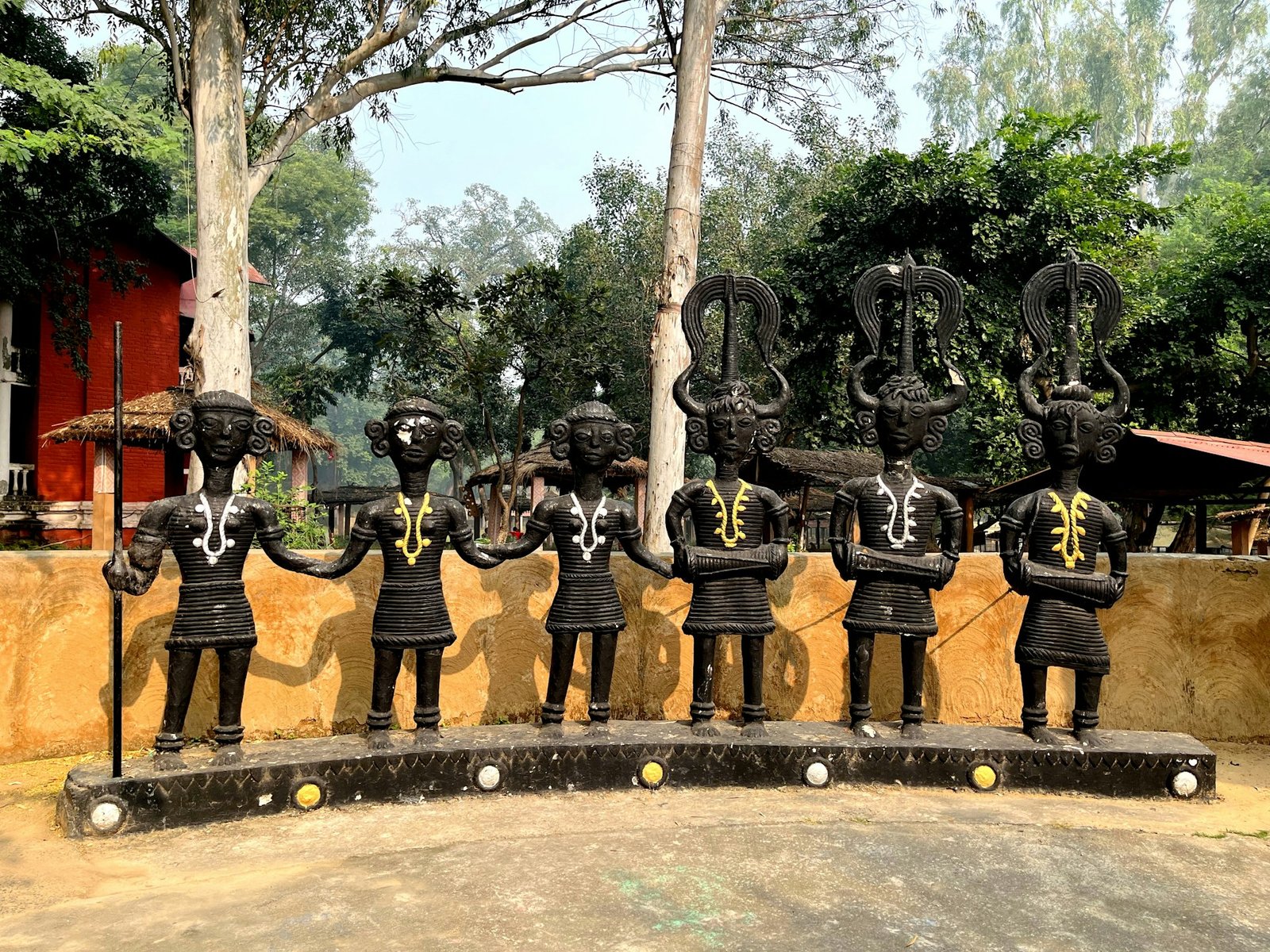
Walking through the forest feels like stepping into another dimension – the air somehow different, denser with meaning. Even as a non-religious visitor, I felt something profound here. A local guide is essential, not just for navigation but for understanding the spiritual significance of what you’re seeing.
The grove is open year-round, but if you can handle crowds, the Osun-Osogbo Festival in August offers an unparalleled glimpse into living Yoruba tradition. Just book accommodations well in advance – I learned this lesson the hard way and ended up in a questionable motel with a bathroom situation I’d rather forget.
3. Yankari Game Reserve: Nigeria’s Wildlife Haven
When I mentioned to a Nigerian friend I was headed to Yankari, she laughed: “Ah, you’re going to proper Africa now!” This massive game reserve in Bauchi State, about a 6-hour drive from Abuja, represents Nigeria’s premier wildlife destination and offers an experience that rivals better-known safari destinations elsewhere on the continent.
Yankari spans 2,244 square kilometers of savanna woodlands, home to elephants, baboons, waterbucks, bushbucks, and countless bird species. The wildlife viewing isn’t as guaranteed as in East Africa’s parks, but that’s part of the appeal – when you do spot a herd of elephants, it feels earned.
What truly sets Yankari apart are the Wikki Warm Springs. Picture this: after a dusty game drive, you slide into crystal-clear waters, naturally heated to 31°C year-round, surrounded by forest. I’ve bathed in hot springs across four continents, and Wikki remains unmatched – the perfect temperature, neither too hot nor too cool, in a setting that feels like something from a fantasy novel.
The reserve has decent accommodation at Wikki Camp, though manage your expectations regarding luxury and service. What you’re paying for is location, not five-star amenities. Bring food supplies if you’re picky – the restaurant menu is limited and inconsistent.
One warning: road conditions to Yankari can be challenging, especially during rainy season. A 4×4 is highly recommended, as is allowing extra travel time. The journey itself offers glimpses into rural Nigerian life far removed from the coastal cities – worth every bumpy minute.
4. Calabar: Cross River’s Cultural Capital
If Lagos represents Nigeria’s frenetic future, Calabar showcases its more laid-back side. This coastal city near the Cameroonian border has transformed itself into a tourism hotspot through deliberate development and the famous Calabar Carnival, often called “Africa’s Biggest Street Party.”
What struck me immediately about Calabar was its cleanliness – a startling contrast to Lagos. The city has invested in infrastructure and beautification, making it unusually navigable by Nigerian standards. It’s a place where you can actually enjoy a morning jog along manicured streets (I tried this in Lagos once and nearly became roadkill).
The Marina Resort offers beautiful views over the Calabar River, with a cinema, children’s amusements, and plenty of spots for grilled fish and cold drinks. Nearby, the Slave History Museum provides a sobering look at the region’s role in the transatlantic slave trade – emotionally difficult but essential for understanding Nigeria’s place in global history.
Nature lovers shouldn’t miss Kwa Falls or the rainforest canopy walkway at the Cross River National Park. The latter offers glimpses of rare primates, including the possibility of spotting Nigeria’s endangered Cross River gorilla if you’re exceptionally lucky (I wasn’t, but the hike alone was worth it).
For me, Calabar’s greatest charm lies in its food scene. This is where you’ll find the best Nigerian cuisine, particularly seafood. Forgo the fancy restaurants and head to Bogobiri area, where women grill fish fresh from the river, served with plantains and spicy sauces that will ruin your palate for bland Western food forever.
If possible, time your visit for the Calabar Carnival in December. I danced until 4 AM alongside local revelers and international visitors, all of us caught up in the infectious energy of competing bands and elaborate costumes. Just book accommodations months in advance – I didn’t and ended up paying triple rates for a shoebox room.
Planning Your Nigerian Adventure: Practical Tips
If I’ve convinced you to visit Nigeria (and frankly, if I haven’t, I’ve failed as a writer), here are some hard-earned practical tips:
Visa Process: Nigeria’s visa application can be bureaucratic. Apply well in advance through the official Nigerian Immigration Service portal or your nearest Nigerian embassy. The visa on arrival option exists but is unreliable – I wouldn’t recommend betting your vacation on it.
Security Considerations: Like many countries, Nigeria has areas that are currently inadvisable for tourists. The northeastern regions facing Boko Haram activity should be avoided, but popular tourist destinations like Lagos, Calabar, and Abuja are generally safe with common-sense precautions.
Transportation: Internal flights connect major cities through airlines like Air Peace, Arik Air, and Dana Air. For road travel between cities, consider hiring a driver who knows local routes rather than self-driving. Within Lagos, ride-hailing apps like Uber and Bolt work well.
Accommodation: Major cities offer international hotel chains alongside local options. In Lagos, Victoria Island and Ikoyi provide upscale choices, while mainland areas offer more affordable stays. Booking platforms work in Nigeria, but sometimes direct booking provides better rates.
Money Matters: Nigeria officially uses the Naira. ATMs are widely available in cities, but carry some cash for smaller vendors and rural areas. Credit cards work in high-end establishments but aren’t universally accepted.
When to Visit: October to April offers the best weather, avoiding the heavy rainy season. December is festive but crowded due to returning diaspora Nigerians and the Calabar Carnival.
Health Precautions: Yellow fever vaccination is mandatory for entry. Malaria prophylaxis is recommended, and bottled water is advised for drinking.
The Nigeria You Don’t See on CNN
My favorite night in Nigeria wasn’t at any tourist attraction. It was at a friend’s home in Lagos, eating jollof rice (the world’s most perfect food, fight me) while three generations debated politics, music, and whether Manchester United would ever return to glory.
Later, we moved to the rooftop where someone had set up speakers. Under stars barely visible through Lagos’ light pollution, we danced to everything from traditional highlife to cutting-edge Afrobeats. A teenager taught me dance moves that I butchered spectacularly, to everyone’s delight.
This is the Nigeria that stays with you – warm, opinionated, resilient people who’ve maintained their joy despite challenges that would break lesser spirits. It’s a country of entrepreneurial hustle, artistic innovation, and unshakeable confidence.
Nigeria isn’t for everyone. It’s challenging, confounding, sometimes infuriating – and absolutely magical. If you’re the kind of traveler who needs everything to work perfectly, look elsewhere. But if you value authentic human connection over convenience, cultural richness over comfort, you’ll find few destinations more rewarding.
As a middle-aged Norwegian man told me at Lagos airport as we both prepared to depart: “I came for business, but I’m leaving with something much more valuable – a completely new perspective on Africa.” I couldn’t have said it better myself.
Frequently Asked Questions About Nigerian Tourism
Is Nigeria safe for tourists?
Nigeria has varying security situations depending on region. Major tourist destinations like Lagos, Abuja, and Calabar maintain good security presence. Northeastern regions affected by insurgency should be avoided. Like most destinations, common-sense precautions apply – avoid displaying valuables, research neighborhoods before visiting, and consider hiring local guides.
What’s the best time to visit Nigeria?
The dry season from November to March offers the most comfortable weather. December brings festivities like the Calabar Carnival but also crowds and higher prices. August features the Osun-Osogbo Festival if you’re interested in cultural events.
Do I need a visa to visit Nigeria?
Yes, most foreign nationals require a visa. Apply through the Nigerian Immigration Service or your nearest Nigerian embassy. While visa-on-arrival exists, pre-arranging your visa is strongly recommended for a smoother entry experience.
What vaccinations do I need for Nigeria?
Yellow fever vaccination is mandatory, and you’ll need to show proof upon arrival. Hepatitis A, typhoid, and routine vaccinations should be up-to-date. Malaria prophylaxis is highly recommended, as Nigeria is a high-risk malaria zone.
How much does a trip to Nigeria cost?
Nigeria isn’t a budget destination by African standards. Expect to pay $100-250 per night for good hotels in major cities. International flights range from $800-1500 depending on your departure location. Daily expenses (food, transportation, attractions) average $50-100 depending on your style of travel.
What’s Nigerian food like?
Nigerian cuisine varies by region but features staples like jollof rice, pounded yam with various soups, suya (spiced grilled meat), and moin-moin (steamed bean pudding). It tends to be flavorful and often spicy. Street food is abundant but choose vendors with high turnover and good hygiene practices.
What should I pack for Nigeria?
Lightweight, breathable clothing suitable for hot weather. Include some modest options for visiting religious sites or rural areas. Good walking shoes, insect repellent, sunscreen, and a universal power adapter are essential. During rainy season (May-September), a lightweight raincoat is advisable.
Is English widely spoken in Nigeria?
Yes, English is the official language and widely spoken, especially in urban areas and tourist destinations. However, Nigeria has over 500 indigenous languages, with Hausa, Yoruba, and Igbo being the most prominent.
How do I get around within Nigeria?
Domestic flights connect major cities. For intercity travel, private drivers are recommended over public transportation for comfort and safety. Within cities, ride-hailing apps (Uber, Bolt) work well in Lagos, Abuja, and other major centers.
What cultural norms should I be aware of in Nigeria?
Nigerians appreciate greetings and respect for elders. Conservative dress is appropriate in rural areas and religious sites. Photography requires permission, especially at government buildings, checkpoints, and religious ceremonies. Small gifts when visiting homes are appreciated.
Top Places to Stay and Essential Services for Nigerian Travel
Luxury Accommodations:
- Transcorp Hilton Abuja – https://www.hilton.com/en/hotels/abujahi-transcorp-hilton-abuja/ – Premium hotel with excellent security, multiple restaurants, and business facilities in Nigeria’s capital.
- The Wheatbaker Lagos – https://www.thewheatbakerlagos.com/ – Boutique luxury in Ikoyi with outstanding service and one of Lagos’ best restaurants.
Mid-Range Options:
- Southern Sun Ikoyi – https://www.southernsun.com/southern-sun-ikoyi – Reliable international standard accommodations popular with business travelers.
- Ibom Hotel & Golf Resort – https://ibomgolfresort.com/ – Beautiful resort in Akwa Ibom state with Nigeria’s premier golf course and tropical gardens.
Budget-Friendly Stays:
- De-Knights Lodge Calabar – Booking.com – Clean, basic accommodation close to Calabar’s main attractions at reasonable rates.
- Wikki Camp – Nigerian National Park Service – Basic but well-located accommodation within Yankari Game Reserve.
Tour Operators & Guides:
- TVP Adventures – https://www.tvpadventures.com/ – Reputable Nigerian tour company offering customized itineraries with knowledgeable guides.
- Nigeria Day Tours – https://nigeriadaytours.com/ – Specialized in Lagos exploration with experienced local guides who provide cultural context.
Transport Services:
- Air Peace – https://www.flyairpeace.com/ – Nigeria’s largest private airline with good domestic coverage and reasonable reliability.
- Bolt – https://bolt.eu/ – Ride-hailing app with extensive coverage in Nigerian cities and better rates than traditional taxis.
Essential Shopping:
- Lekki Arts & Crafts Market – Lagos Tourism – The best place for authentic Nigerian crafts, fabrics, and souvenirs in Lagos.
- The Palms Shopping Mall – https://thepalmsshopping.com/ – Modern shopping center in Lagos for international brands and necessities.
Culinary Experiences:
- Terra Kulture – https://www.terrakulture.com/ – Cultural center with excellent Nigerian cuisine, art gallery, and cultural performances.
- Yellow Chilli – https://www.theyellowchillilrestaurant.com/ – Chef Lola Fregz’s restaurant serving elevated Nigerian classics in an upscale setting.
